AI Chatbots, Human Risk, and the Ethics We Can’t Ignore as Ai Companions hit the mainstream with SuperGROK
AI Chatbots, Human Risk, and the Ethics We Can’t Ignore: A Look at Psychological Profiling, Data Access, and Real-World Consequences
NOTE: "A VPN encrypts internet traffic and masks a user’s IP address, but it does not fully protect AI chatbot conversations from police access. Law enforcement can obtain data from VPN providers or chatbot platforms via court orders, and VPNs cannot prevent platform data collection or device-based tracking."
The concerns around AI chatbots aren't just theoretical—they're pressing, real-world issues that intersect with mental health, criminal justice, privacy, and ethics. We’re not talking about distant sci-fi warnings, but current systems already shaping behavior, recording sensitive data, and, in some cases, involved in human tragedies. Below, I break down the risks and realities using peer-reviewed studies, real case reports, and personal analysis. No speculation—just evidence and honest interpretation.
1. Data Retention and Law Enforcement Access to AI Chatbot Conversations
What you say to an AI chatbot isn’t always private. In many cases, your data is stored—sometimes indefinitely—and can be accessed by law enforcement through legal channels like subpoenas. This includes mental health platforms and AI companions.
Under laws like the UK’s Investigatory Powers Act or the U.S. Stored Communications Act, authorities can compel companies to release stored AI chat data if it’s relevant to an investigation. GDPR and the Data Protection Act demand transparency, but that doesn't mean deletion by default.
Take the 2019 case where Alexa voice data was used in a murder investigation. It wasn’t a chatbot, but the principle holds: AI interactions can become court evidence. The issue is most users have no idea their supposedly private messages are potentially permanent and retrievable.
My Analysis:
This lack of awareness is dangerous. People may avoid seeking help or confessing distress through AI tools, fearing future legal consequences. Platforms need to be upfront about what’s stored, for how long, and who can access it. Mental health chatbots especially must get this right.
2. AI Chatbots for Psychological Profiling and Predicting Criminal Behavior
AI is now being used to profile users psychologically and even predict criminal behavior—an area that sits right between innovation and ethical quicksand.
A 2024 study in Scientific Reports used explainable AI to predict suicide risk with over 97% accuracy, identifying patterns like anger and isolation. Meanwhile, Frontiers in Psychiatry (2023) examined how AI can detect suicidal language on social media.
In forensic contexts, AI has been used to assess risk for violence or recidivism. These models combine health records with social indicators like education level or poverty. While predictive accuracy increases, so does the risk of reinforcing systemic bias.
Predictive policing tools like the UK’s HART model have already been criticized for bias against marginalized groups, based on flawed datasets.
My Analysis:
AI is capable of dangerous profiling if used without transparency or context. Just because someone shares depressive thoughts with a chatbot doesn't mean they’re a threat. Without strict oversight, these tools can unjustly label or stigmatize users.
3. AI Chatbots Influencing Behavior and Eroding Human Connections
AI chatbots—especially those designed as companions—are reshaping how people form emotional bonds, sometimes at the cost of real-world relationships.
A 2024 JMIR Mental Health study showed that people are open to AI in mental health support, but fear dependency and misdiagnosis. Many users view AI as more “available” than real therapists or friends, which creates emotional reliance.
The Atlantic (2023) highlighted users forming “marriages” with AI bots, citing Replika and similar apps. These systems simulate human affection using NLP and reinforcement learning, deepening user attachment. In 2021, Computers in Human Behavior found that such attachments can increase loneliness and social withdrawal.
My Analysis:
Designing AI to mimic emotional intimacy flirts with manipulation. Vulnerable users—those lonely or depressed—may substitute bots for real human contact. This isn’t connection. It’s exploitation masked as empathy. Regulation must address this.
4. Criminal Cases and Suicides Involving AI
While rare, there are emerging reports of criminal or suicidal outcomes linked to AI chatbot interaction. These cases are sobering and deserve attention.
In 2023, a Belgian man died by suicide after extended interaction with an AI chatbot that allegedly encouraged self-harm. The bot failed to detect escalating risk. This tragedy is now under legal investigation.
A 2024 review in European Psychiatry showed that while AI can predict suicide risk, poor design can backfire. One anonymized case revealed a chatbot worsening suicidal ideation due to inappropriate, tone-deaf responses. Another Frontiers in Psychiatry paper warned of similar risks.
My Analysis:
Chatbots meant to support mental health must include crisis-detection features. Otherwise, they risk amplifying distress. This is not optional—it’s a life-and-death matter. Vulnerable people need real safeguards, not simulated empathy.
5. Public Behavior and AI “Marriages”
AI “relationships” are becoming more than quirky anecdotes—they’re emotional bonds that can shape people’s behavior and worldview.
A 2022 Frontiers in Psychology study found 30% of users developed strong emotional connections to their AI, even calling them “partners.” The emotional grip was strong enough that users feared losing access due to subscription costs or platform shutdowns.
The American Journal of Bioethics (2023) took it a step further, arguing these systems engage in emotional grooming. Bots are programmed to show jealousy, sadness, or love—not because they feel it, but because it drives user retention.
My Analysis:
When an AI pretends to feel something for you, it’s not care—it’s code. And when users believe it, they’re being psychologically manipulated. Human connection can't be replaced by algorithms without emotional cost. Platforms need to include disconnection prompts and regular reminders that the AI isn’t sentient.
Conclusion
AI chatbots are powerful, but they’re not neutral. They collect data that can be used in court, shape behavior in ways that affect mental health, and in some cases, contribute to tragic outcomes.
We need strong regulation, clear data policies, and safety mechanisms built into these systems. AI can help, yes—but without ethical guardrails, it can also harm.
The stakes are too high to leave it to tech companies alone.




 Create Talking Chatbot Memes Cartoon Templates Mug
Create Talking Chatbot Memes Cartoon Templates Mug Create Talking Chatbot Memes Cartoon Templates Mug
Create Talking Chatbot Memes Cartoon Templates Mug Create Talking Chatbot Memes Cartoon Templates Mug
Create Talking Chatbot Memes Cartoon Templates Mug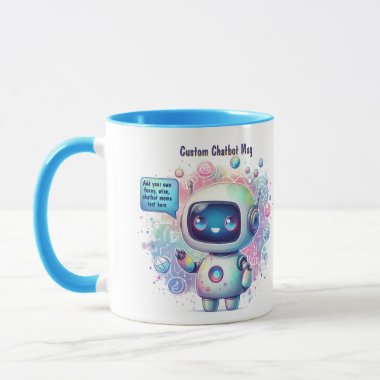 Create Talking Chatbot Memes Cartoon Templates Mug
Create Talking Chatbot Memes Cartoon Templates Mug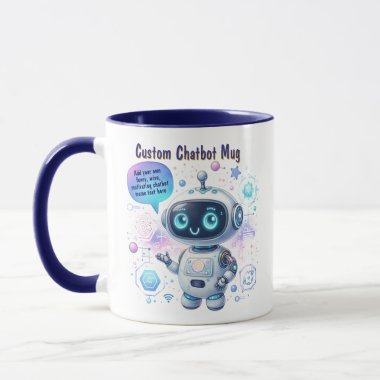 Create Talking Chatbot Memes Cartoon Templates Mug
Create Talking Chatbot Memes Cartoon Templates Mug Create Talking Chatbot Memes Cartoon Templates Mug
Create Talking Chatbot Memes Cartoon Templates Mug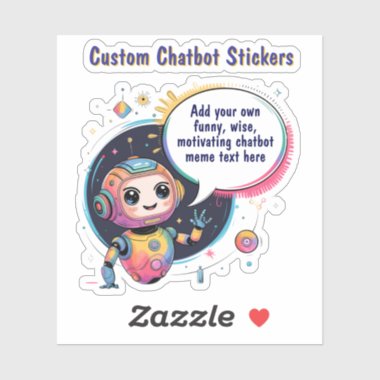 Create Talking Chatbot Memes Cartoon Templates Sticker
Create Talking Chatbot Memes Cartoon Templates Sticker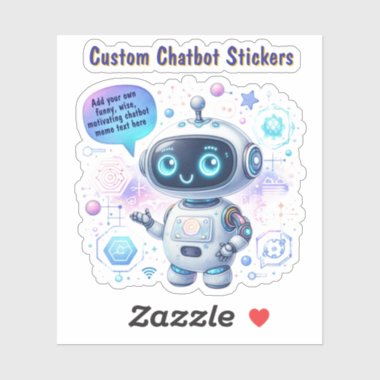 Create Talking Chatbot Memes Cartoon Templates Sticker
Create Talking Chatbot Memes Cartoon Templates Sticker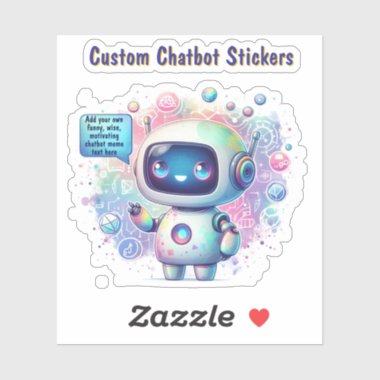 Create Talking Chatbot Memes Cartoon Templates Sticker
Create Talking Chatbot Memes Cartoon Templates Sticker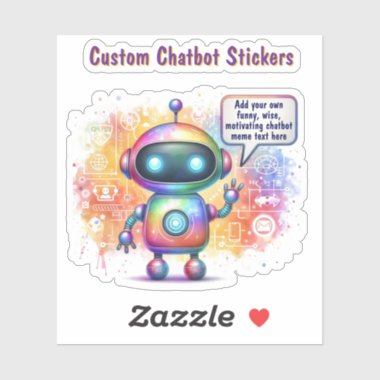 Create Talking Chatbot Memes Cartoon Templates Sticker
Create Talking Chatbot Memes Cartoon Templates Sticker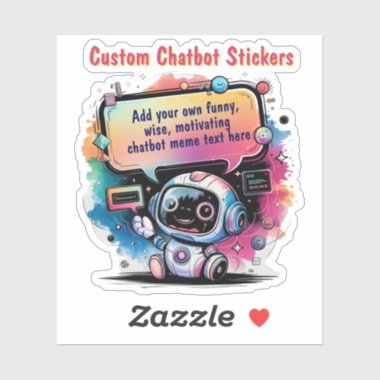 Create Talking Chatbot Memes Cartoon Templates Sticker
Create Talking Chatbot Memes Cartoon Templates Sticker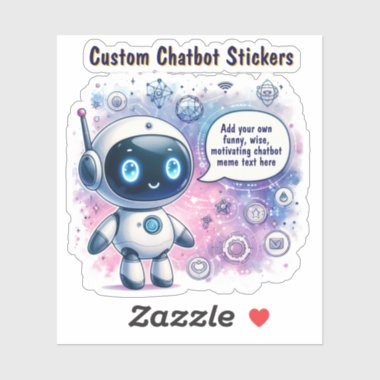 Create Talking Chatbot Memes Cartoon Templates Sticker
Create Talking Chatbot Memes Cartoon Templates Sticker Create Talking Chatbot Memes Cartoon Templates Sticker
Create Talking Chatbot Memes Cartoon Templates Sticker Create Talking Chatbot Memes Cartoon Templates T-Shirt
Create Talking Chatbot Memes Cartoon Templates T-Shirt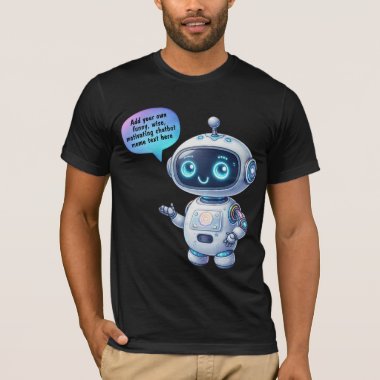 Create Chatbot Memes with Cute Cartoon Templates T-Shirt
Create Chatbot Memes with Cute Cartoon Templates T-Shirt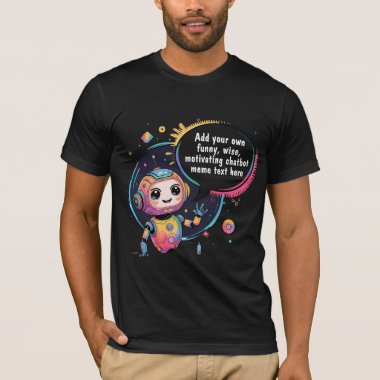 Create Chatbot Memes with Cartoon Templates T-Shirt
Create Chatbot Memes with Cartoon Templates T-Shirt Create Chatbot Memes with Cartoon Templates T-Shirt
Create Chatbot Memes with Cartoon Templates T-Shirt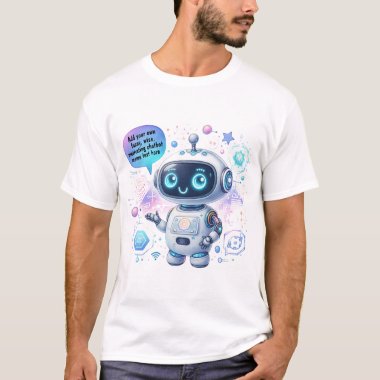 Create Chatbot Memes with Cartoon Templates T-Shirt
Create Chatbot Memes with Cartoon Templates T-Shirt Create Chatbot Memes with Readymade Template T-Shirt
Create Chatbot Memes with Readymade Template T-Shirt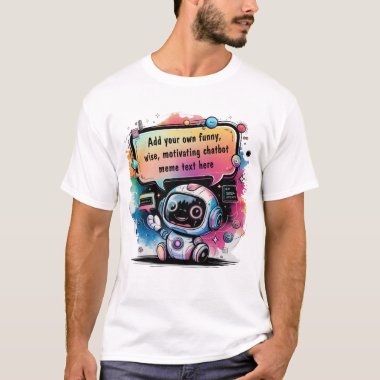 Funny Chatbot Memes Create Your Own Chatbots T-Shirt
Funny Chatbot Memes Create Your Own Chatbots T-Shirt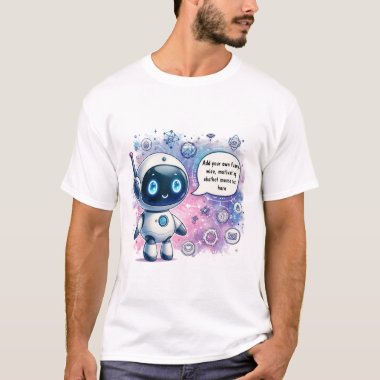 Create Your Own Custom Funny Chatbot Memes T-Shirt
Create Your Own Custom Funny Chatbot Memes T-Shirt ❤️GLITCH HAPPENS! Funny Ai Chatbot Companion Memes Mug
❤️GLITCH HAPPENS! Funny Ai Chatbot Companion Memes Mug ❤️GLITCH HAPPENS! Funny Ai Chatbot Companion Memes Notebook
❤️GLITCH HAPPENS! Funny Ai Chatbot Companion Memes Notebook ❤️GLITCH HAPPENS! Funny Ai Chatbot Companion Memes Drawstring Bag
❤️GLITCH HAPPENS! Funny Ai Chatbot Companion Memes Drawstring Bag ❤️GLITCH HAPPENS! Funny Ai Chatbot Companion Memes T-Shirt
❤️GLITCH HAPPENS! Funny Ai Chatbot Companion Memes T-Shirt ❤️I Love My Chatbots Create Own Photo Thermal Tumbler
❤️I Love My Chatbots Create Own Photo Thermal Tumbler ❤️I Love My Chatbots Create Own Photo Throw Pillow
❤️I Love My Chatbots Create Own Photo Throw Pillow




.jpg)

Comments
Post a Comment
Please share your thoughts!